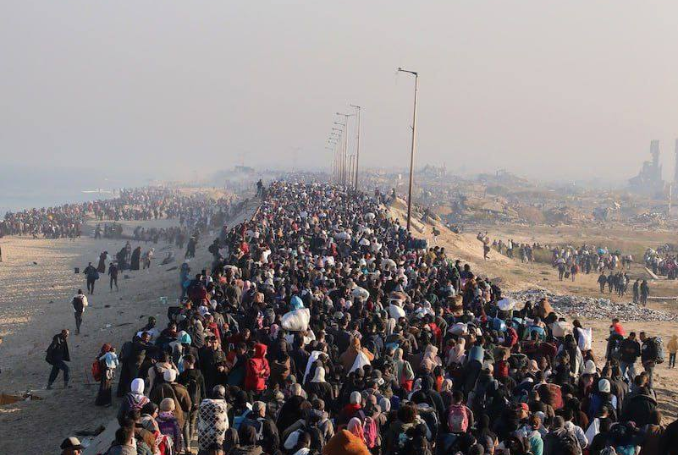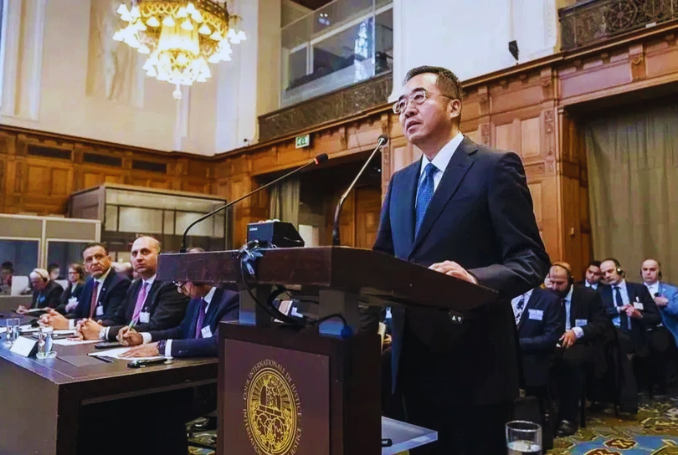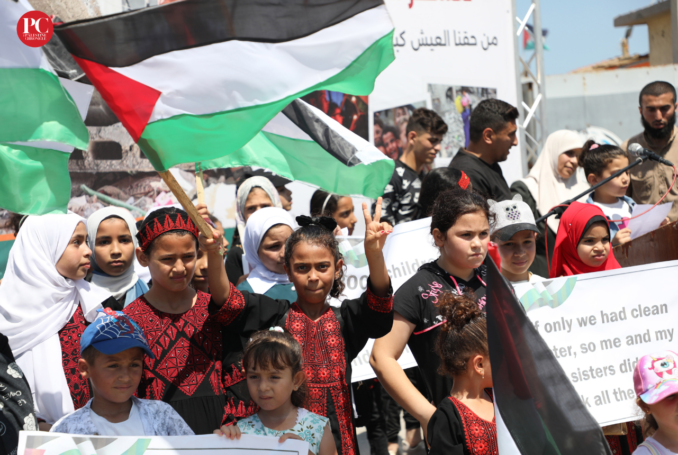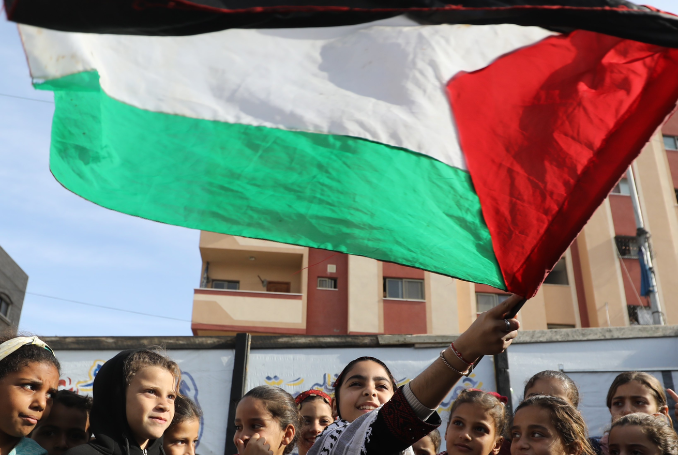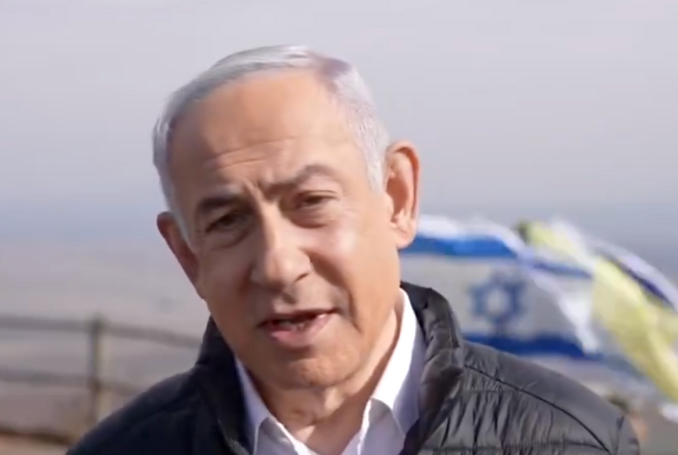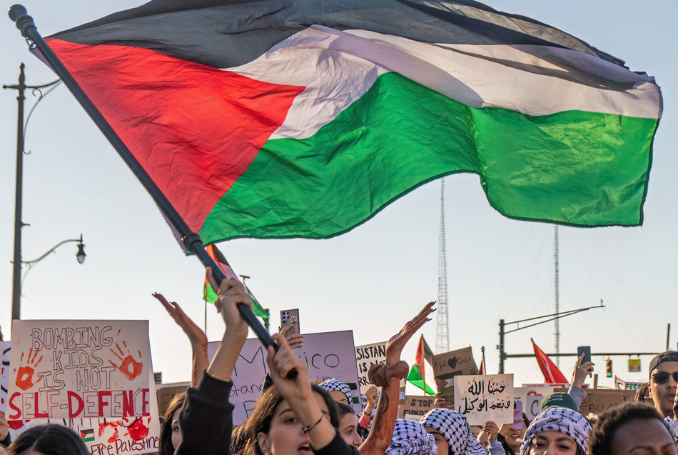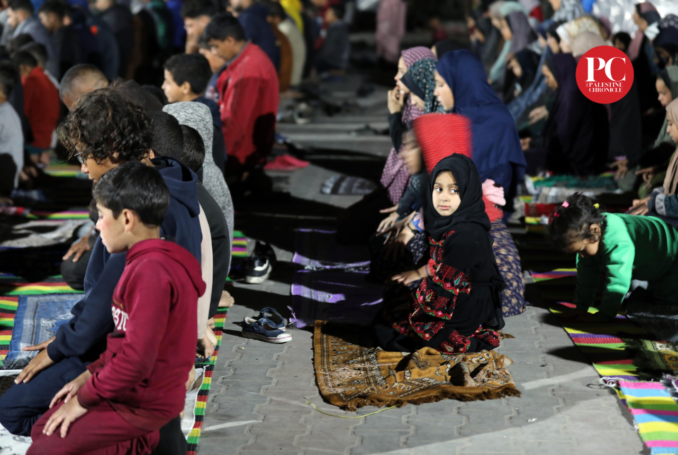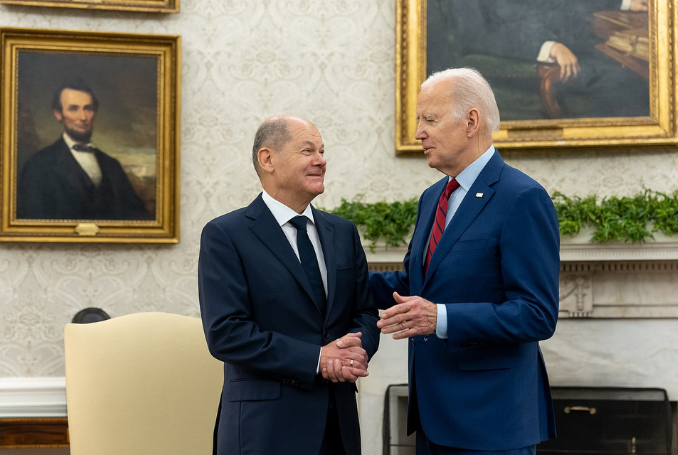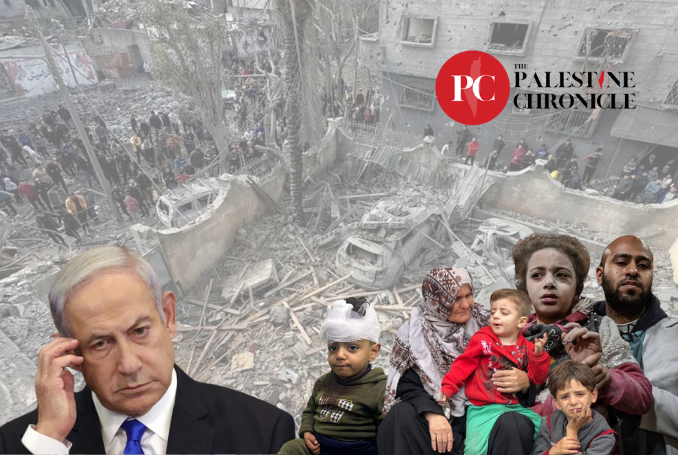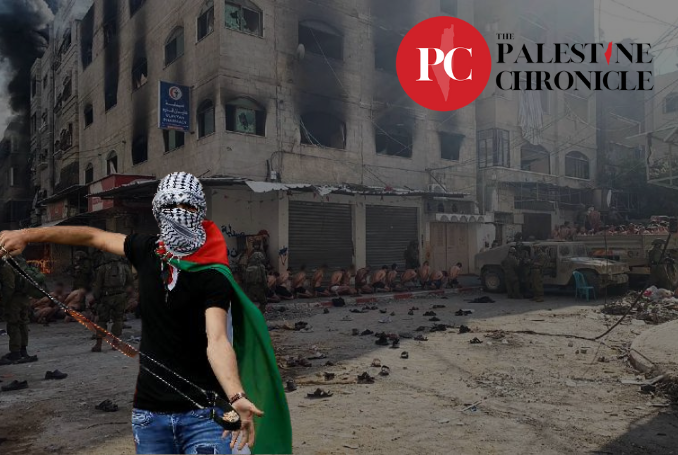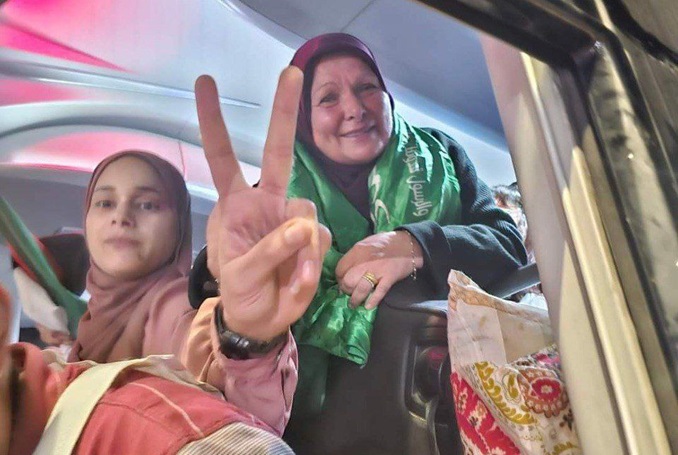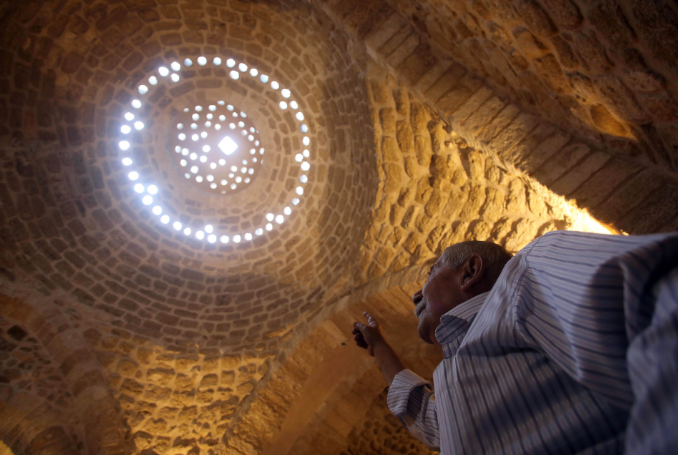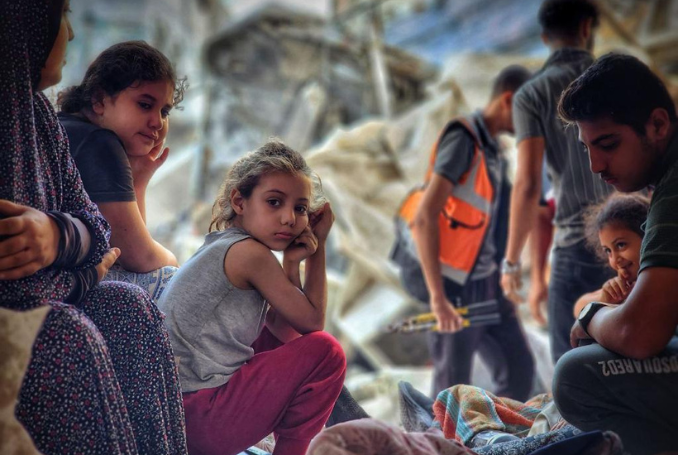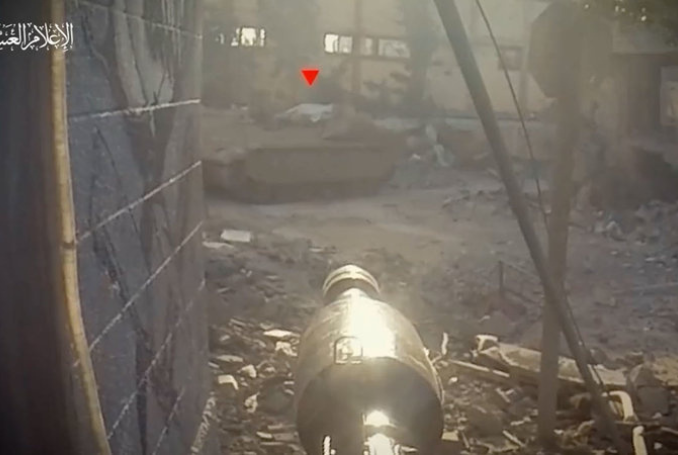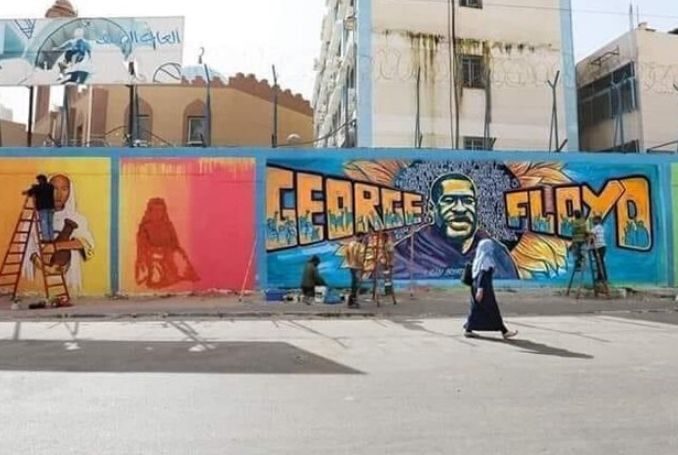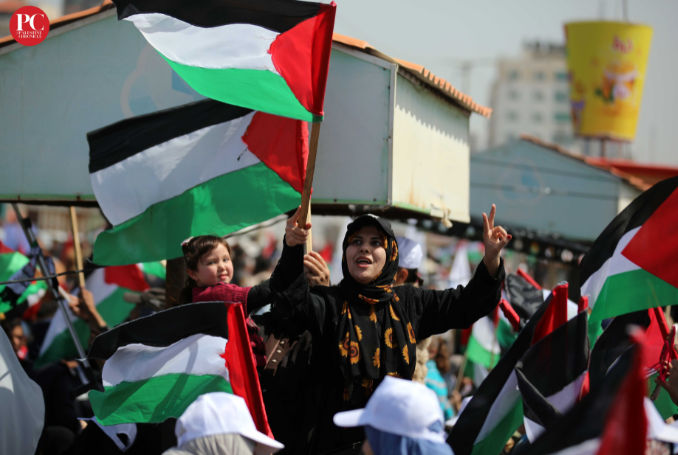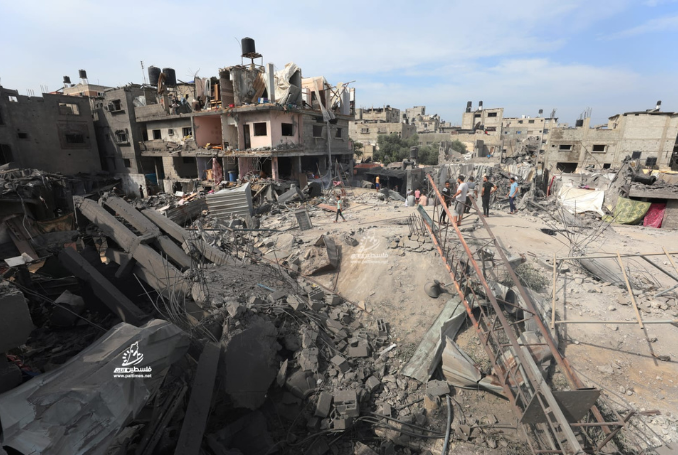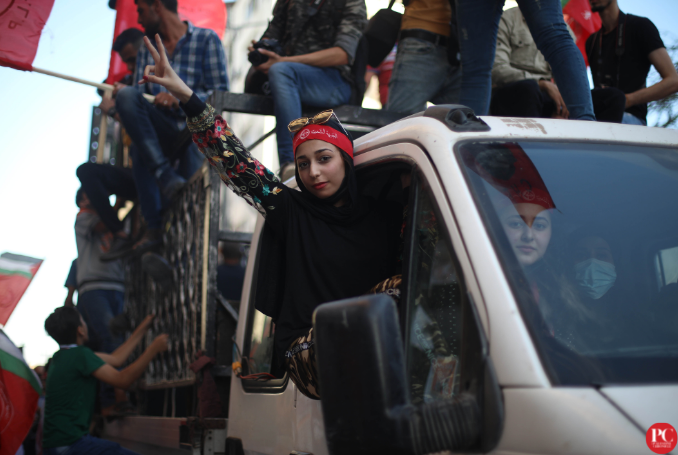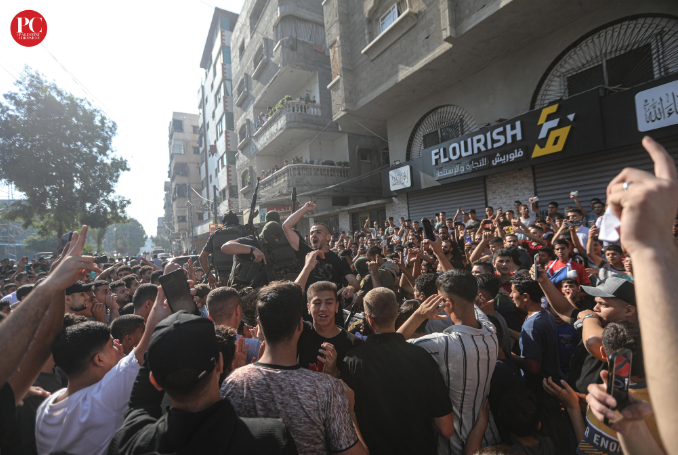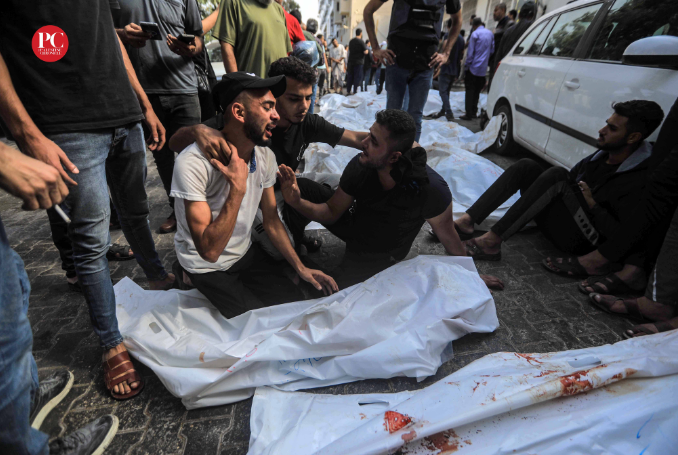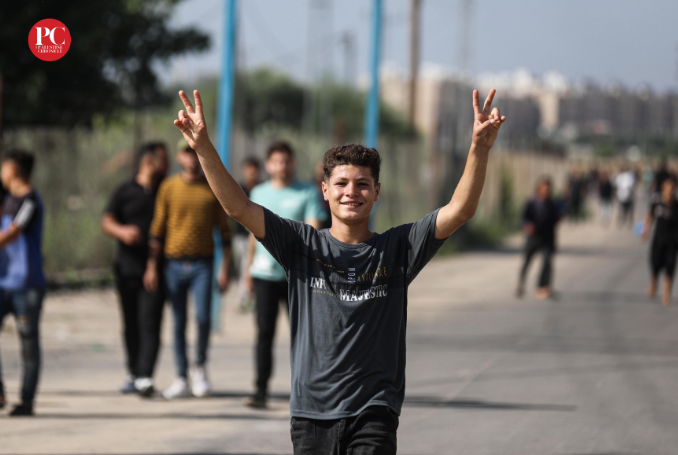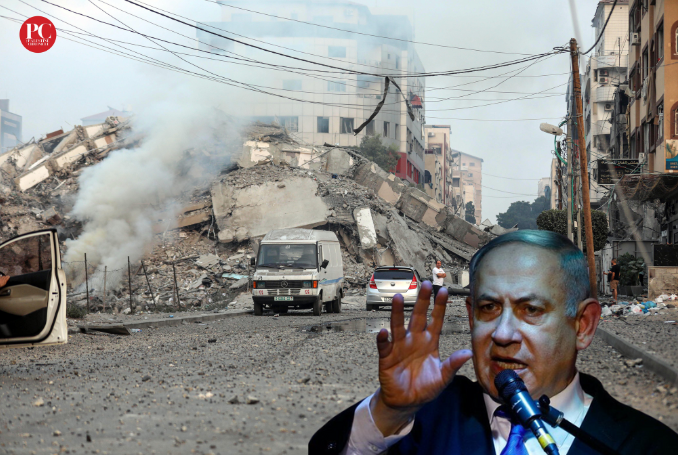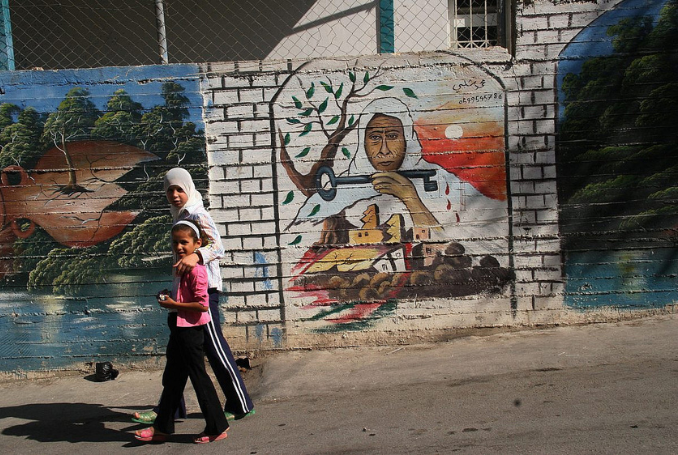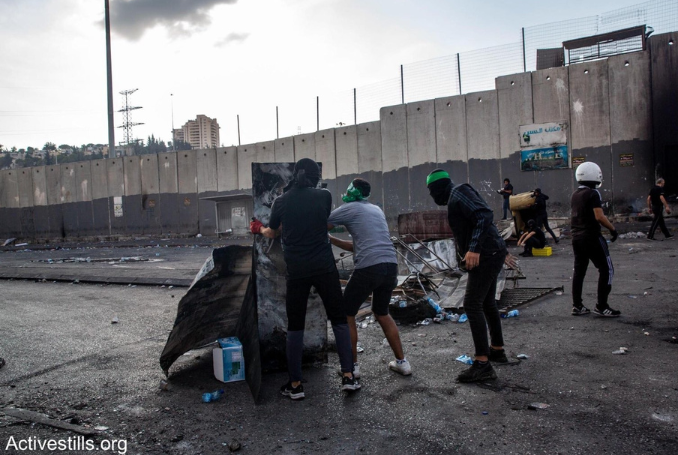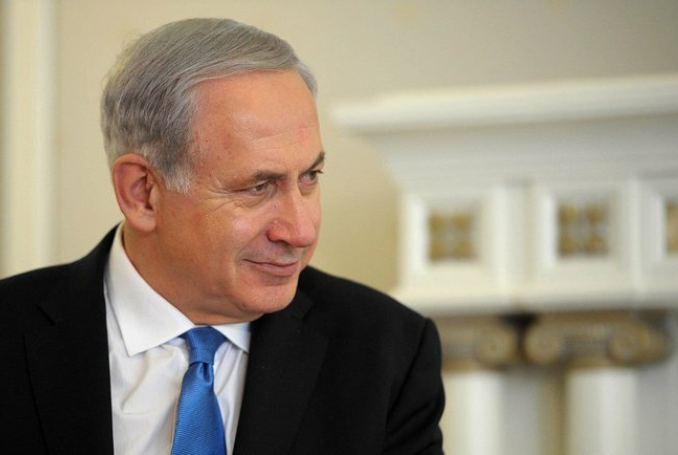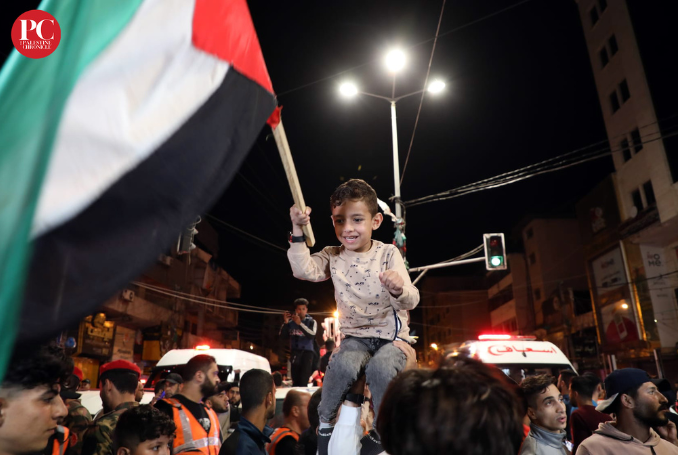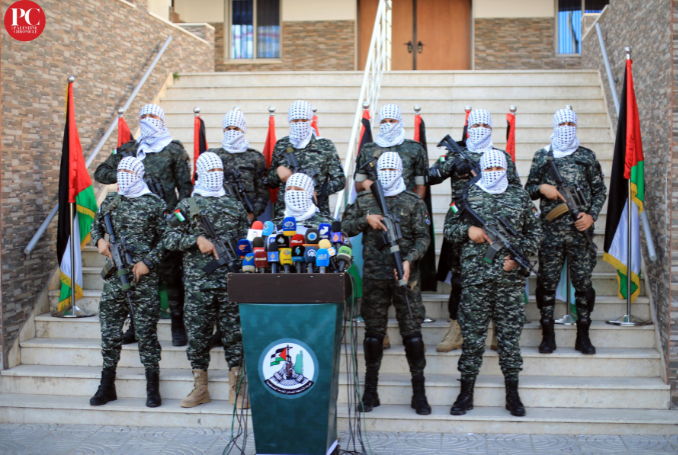- June 5, 2025
The Myth of Conquest: Why Gaza Will Never Be Subdued by Israel
Israel itself is acutely aware of this inherent paradox, hence its immediate and brutal choice: the perpetration of a genocide, a horrific act intended to pave the way for the ethnic cleansing of the remaining survivors.
Breaking the Silence on Palestinian Armed Struggle: A Call for Legal Clarity
We asked Prof. Falk specifically about the Palestinian people’s right to defend themselves, and, specifically, about armed struggle and its consistency (or lack thereof) with international law.
Gaza Has Changed the Discourse on Popular Resistance, But Are We Truly Listening?
Gaza-born intellectual and refugee, Ramzy Baroud, argues that Gaza’s resistance has reshaped the conversation on popular resistance, compelling us to confront uncomfortable truths.
The Great March of Hope: Gaza’s Defiance against Erasure
Since the Nakba, Israel has insisted it will write the history of the land between the Jordan River and the sea. But Palestinians continue to prove Israel wrong.
Dear World: This is What Palestinian Unity Looks Like
The war on Gaza has forged an unbreakable Palestinian unity—one built not in conference halls but in the streets, the rubble, and the resistance.
When Partners Become Enemies: Can Netanyahu Maintain Control After the War?
This article is written by Ramzy Baroud, offering an in-depth analysis of the political dynamics surrounding Yoav Gallant’s resignation and Netanyahu’s strategy in the ongoing Gaza war.
Price of Freedom: Why Israel Cannot Push the Reset Button on Its Genocide
The history of all national liberation struggles, Palestine included, demonstrates that the price for freedom is always high.
One Year Since the Genocide – Palestinian Sumud vs the Israeli War Machine
The sumud of the Palestinians in Gaza, who have endured a year of mass killing, deliberate starvation and total destruction of all aspects of life, is helping reassert the political significance of a long-marginalized nation.
It Is Time to Ask the Question: ‘What Do Palestinians in Gaza Want?’
This reductionist thinking is now being applied to Gaza where every historical reference is intentionally pushed aside.
The Injured Gaza Boy and His Drawing: Do Palestinians Have the Right to Self-Defense?
It is interesting how the colonizers and the colonized continue to build relations and solidarity around the same old principles. The Global South is, again, rising in solidarity with the Palestinians, while the North, with a few exceptions, continues to support Israeli oppression.
100 Days and Counting of War: Legendary Palestinian Resistance Will Be Netanyahu’s Downfall
By Ramzy Baroud Law number one in the ‘law of holes’, is that “if you find yourself in a hole, stop digging.” Law number two, “if you are not digging, you are still in a hole”. These adages sum up Israel’s ongoing political, military and strategic crises, 100 days following the start of the war […]
Urinating on Prisoners: How Palestinian Pride Canceled Israel’s ‘Politics of Humiliation’
Throughout its history – violent birth and equally violent existence – Israel has purposely humiliated Palestinians as an expression of its disproportionately greater military power over a hapless, confined and mostly refugee population.
Dying to Be Free: Releasing Palestinian Detainees is Not a Numbers Game
While Israelis see their captives, whether civilians or military, held in Gaza in terms of numbers, Palestinians approach the issue from an entirely different perspective.
The Untold History of Gaza: On Conquerors, Resurgence and Rebirth
What is taking place in Gaza now is but an episode, a traumatic and a defining one, but nonetheless, a mere chapter in the history of a people who proved to be as durable and resilient as history itself.
Liberation Begins Now: Time for Palestinians to Protect Their Collective Sumud
The truth is that Palestinians have succeeded, through their resistance and sumud, in reasserting Palestine on the global agenda.
Priority of the Oppressed: Let the Small, Red Triangle Guide You
If you ever struggle in deciphering the difference between Palestinian priorities and all others, simply look for that small, red triangle. It will guide you.
Ours is an Indigenous Struggle: How Gaza United the World
The consequences of this war will certainly be felt for many years to come, not only in Palestine or even the Middle East, but worldwide as well.
Israel Will Not Defeat Gaza: A Lesson from History
The truth is Israel has no military option in Gaza, and those who support whatever military strategy Tel Aviv has in mind, are equally deluding themselves.
Justice is Non-Negotiable: Why Israel Cannot Destroy Palestinian Resistance
It is time for us to speak about justice – real justice – the outcome of which is non-negotiable: equality, full political rights, freedom and the right of return.
The Gaza Manifesto: Why America’s Old Middle East is Crumbling
To think that tiny little Gaza is the spark that has refocused the energies of the whole region is a political miracle.
No Peace without Justice: Gaza Has Just Vanquished a 20-Year-Old Israeli Plan
The Israeli plan, however, was not a complete success. Palestinians continued to lead a massive campaign of resistance, involving all aspects of society in Gaza, the West Bank and Jerusalem.
The Gaza Inferno: Palestine Cannot Be Left alone, Anymore
For this vicious cycle to break, Palestine must, once more, become an issue that concerns all Arabs, the whole region.
A Day to Remember: How ‘Al-Quds Flood’ Altered the Relationship between Palestine and Israel Forever
What is crystal clear is that the fundamental relationship between the Israeli occupation and occupied Palestinians after October 7, 2023, is likely to be altered, and permanently so.
Netanyahu’s Impossible Options in Gaza: To Invade or Not to Invade
Netanyahu is desperate to show that Israel remains a powerful country and a regional power that deserves its often-touted status of having an ‘invincible’ army.
Humiliation vs. Self-Respect: The Untold Story of the Abuse of Palestinian Women in Hebron
Though the Hebron incident is a repeat of numerous violations of Palestinian rights and dignity spanning many years, there is still much we can learn from it.
Jenin is Just the Start: Did Palestinians Finally Bury the Ghosts of the Past?
For the older generation, time has stood still. But it has not. The new Palestinian generation has buried the ghosts of the past and moved on.
The Armed Revolt: Why Israel Cannot Crush the Resistance in Palestine
The next Intifada in Palestine will be armed, non-factional, and popular, with consequences that are too difficult to gauge.
A Man Without a Strategy: How Netanyahu is Provoking Armed Intifada in the West Bank
For Netanyahu, the frequent deadly raids on Palestinian towns and refugee camps translate into political assets that allow him to keep his extremist supporters happy. But this is short-term thinking.
New Rules of Engagement: How Palestinians Defeated Netanyahu and Redefined ‘Unity’
It is the unity of those resisting on the ground, from Gaza to Nablus, and from Jenin to Sheikh Jarrah, that matters most.
Losing ‘Deterrence’: How Palestinian, Arab Resistance Changed Rules of War with Israel
While Israeli politicians and military strategists are openly fighting over who has cost Israel its precious ‘deterrence,’ very few seem willing to consider that Israel’s best chance at survival is peacefully co-existing with Palestinians.


